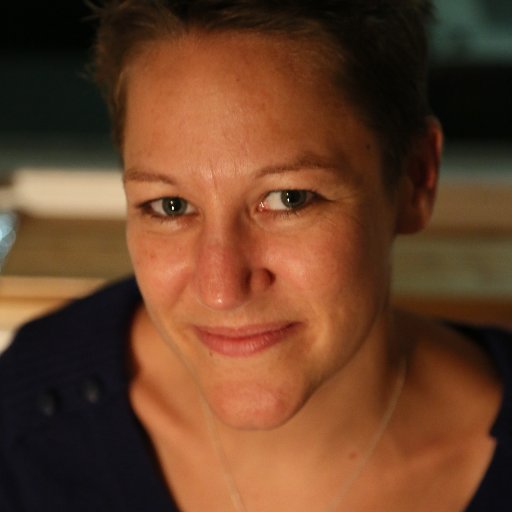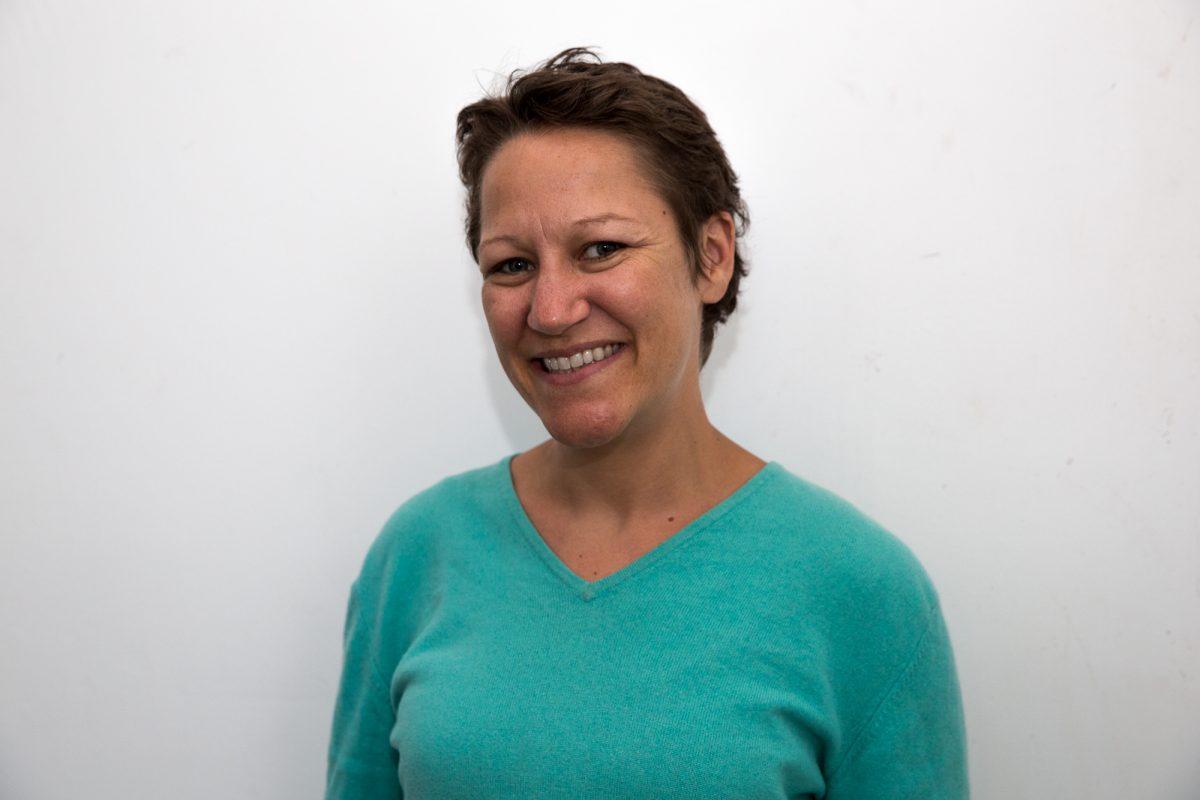
Breaking the cycle – how female-led startups can succeed in 2021
By Toby Hicks
Bumble’s recent IPO generated stellar headlines for making Whitney Wolfe Herd the world’s youngest self-made female billionaire. However it was the exceptionalism of the story that made it so significant. Women make up about half of the global population but account for less than 5% of the world’s 500 biggest fortunes, according to the Bloomberg Billionaires Index.
In order to have more women at the top of the list there needs to be more investment and encouragement going into early stage startups. The UK has one of the most developed startup ecosystems in the world. Yet it falls down when considering the huge gender imbalance in the startups winning investment. Indeed research from the British Bank shows that for every £1 of Venture Capital investment, all-female founding teams get just 1p.
This matters from both a moral, fairness perspective but also from the end consumer perspective. According to research from Catalyst.Org, 67% of all UK Household consumption is controlled or influenced by women. However their needs are often unmet in a world where so many products and services are brought to market without the input of 50% of the UK. Across the country there are so many entrepreneurial women with brilliant ideas for gaps in the market to improve our lives, but these are likely to remain unfulfilled. The lack of funding opportunities and visible role models makes the ideas more likely to remain in heads. Not least because you can’t be what you can’t see.
As a result of Covid, the situation has become even more precarious. Firstly investors are more likely to stick with more established businesses, more likely to be male-led. Secondly the bulk of domestic responsibilities (including childcare) tend to fall on women, simply meaning there has been less time and ability for many to focus on the all consuming life of launching a business. Home schooling has been a clear example. In order to shake things up and start to rebalance the situation we should focus on practical measures women can take.
Develop a wide network
Start-up investment has traditionally been a very closed world. Much of it stemmed and often still does from old school ties which tend to be stronger with men. This is then often reinforced throughout our lives. Platforms like Angel Investment Network, SeedTribe and crowdfunding platforms have undoubtedly helped to shake things up by democratising the world of early stage investing but it remains crucial for women to focus on building their own networks. Encouragingly there are a host of forums for women to network and create their own forums. This includes investment groups such as Angel Academe, which trains and empowers women to invest in female-owned start-ups and Ada Ventures which invests in under-represented founders; the Female Founders Forum, set up jointly by Barclays and The Entrepreneur Network (TEN), or more specialised groups such as Hatch’s incubator for first-time female founders and the Mayor of London’s Women in Cleantech group. Once you know groups are out there, you can then focus on the one or ones that are right for you.
Being bolder in pitches and asks
Some research from Barclays revealed Britain’s female entrepreneurs are less likely than men to ask for business funding to scale up operations. We are also likely to be more timid in pitches. We need to be direct and ask for what we need to get a business the launchpad it needs. In my personal experience investors will buy into the vision and ambition. Remember investors are expecting to be asked for money. Tell them in no uncertain terms the amount you require, what you will do with it and of course, the share they can expect. You will be surprised by how positively your request will land.
Doing your homework on the investor
Switching perspectives so we can understand the right argument to make is one of the best and most simple steps we can do to boost our chances of investment. When I launched my start-up GrubClub I realised the importance and power of understanding different perspectives. I would then adapt my pitch according to the investor I was speaking to. Key to this was really researching each investor, including their background and interests. This helped me understand the different reasons they might invest. It’s also helpful to ask the investor directly about their prior investments. This isn’t rude. It is a two way street. The investor will conduct Due Diligence on your company and you, and you should also feel comfortable to Due Diligence on them as an investor. However at the same time, it’s important to be flexible and open to other approaches, but never to the detriment of what is fundamental to your company.
Backing other women
In instigating change, we need to be the change we want to see. It’s up to women to support other women in the industry. This is the only way to disrupt an entrenched system. Having launched and sold my own business, I dedicate my time to supporting impactful entrepreneurs to grow in more sustainable ways. My strong conclusion is we need successful women to become investors themselves to shake up the system. If we can encourage more women investors, we will start to see the level of funding increase for female-led startups. This will in turn create a virtuous circle of successful female entrepreneurs who are likely to become female-backing investors themselves.
However, support doesn’t just include fundraising. It is also about opportunities for offering mentoring or other support. The individual power we all have is far greater than we realise. Let’s be the catalysts for the change we need to transform the prospects for female entrepreneurs.
Olivia Sibony is CEO of SeedTribe and Head of Impact for Angel Investment Network
Related posts
Funding will help accelerate global borderless education support in higher educationFast growing EdTech startup Vygo has rais...
Read more
arrow_forwardBack in 2013, I took a step that would change the trajectory of my career forever. After seven years at Goldman Sachs, I left...
Read more
arrow_forwardWelcome to the first of our new mini-series ‘Inside the Accelerator’. The series will showcase and delve deep into some o...
Read more
arrow_forward


